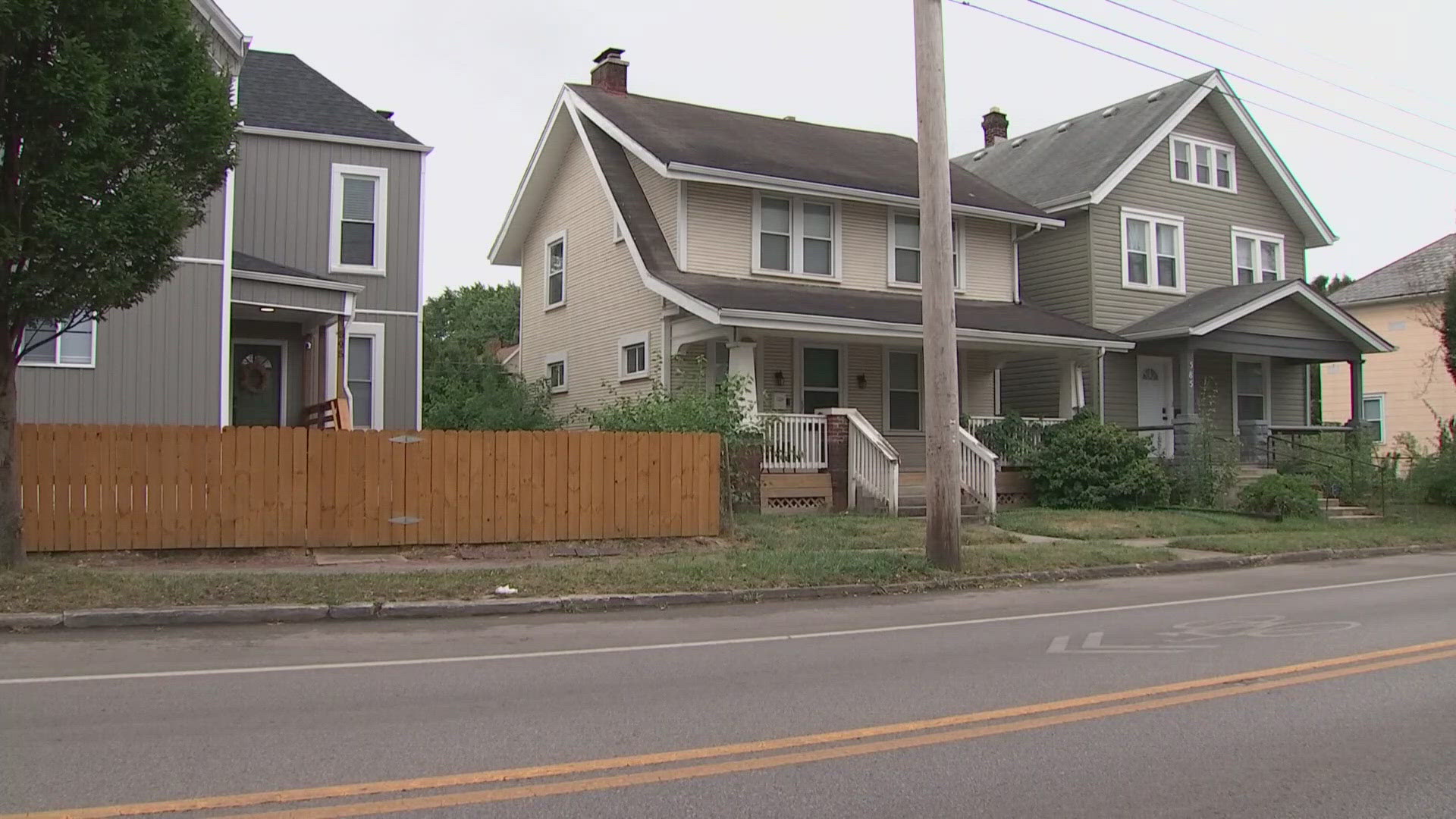COLUMBUS, Ohio — The city of Columbus has been working for months now on overhauling 70-year-old zoning codes in an effort to ease the city’s growing housing crisis.
If the new zoning codes are passed, it could allow for 88,000 new housing units along city corridors such as South High Street and Parsons Avenue. Some of the changes include unlocking current density and height restrictions, allowing more types of housing and more mixed-use developments. The plan was under a 60-day comment period, but that ended in last month.
“Our housing crisis gets worse by the day,” said Columbus City Councilman Rob Dorans. “When you talk about housing, there’s no singular solution. There’s no silver bullet that’s going to fix our housing crisis. It’s a thousand things we need to do to produce more housing.”
Dorans said last year, the city of Columbus built less new housing than it did in 2022. Columbus’ zoning codes were put in place in the 1950s and he argues they are too restrictive.
“Our code right now basically says you can do this or you can do this and there’s not a lot of in-between,” he said.
Options such as building duplex and triplex homes require applying for variances, which can slow a project down by months.
An option that’s being thrown around is for what the city calls “accessory dwelling units” or ADUs.
These are small homes, like carriage houses, that occupy the same property as an existing home. These increase density and increase rental stock in the city. The city is working on a pilot program for such buildings and will be rolling that out in the coming weeks or months.
Kathy Green lives near Parsons and Wittier. She represents the Columbus Southside Area Commission. She built an ADU before this pilot program was being talked about at the city level. She said the current zoning codes made for some challenges.
“We had 11 or 12 variances because the zoning code doesn’t support our existing house, let alone the new build behind it,” Green said. “It creates a space for a nurse or someone working at Children’s Hospital to not have to rent or take over a property in some other way.”
Living on the south side, she’s seen the effects of skyrocketing housing prices in that area of the city.
“The prices are going to go up and that drives people out of their own homes because of higher taxes and things of that nature,” she said. “When the new tax valuations came out, there was a lot of conversation about, ‘What is the true value of my home’ and ‘How can I reduce that so I can afford to stay here in the neighborhood?’”
Green brought up a concern during a panel hosted by the Columbus Metropolitan Club on Wednesday. She worried that increasing density in older neighborhoods, like those on the south side, would overtax the older infrastructure that supplies the homes.
Sam Zimmerman, a lifelong Columbus resident, owns a large parcel of family land at Olentangy River Road and West Henderson Road. He would like the opportunity to develop that land into apartments, but the current zoning laws prevent that.
“We’re not currently zoned multi-family even though everything around us is zoned multi-family,” he said. “There’s a housing crisis in Columbus and we’ve been part of this community for a very long time. We think this is an ideal solution that’s shovel-ready. It would be at least 400 apartments immediately.”
He believes this would be a poster child for the city’s Zone-In initiative, the name given to the zoning overhaul.
The city’s current housing shortage is also starting to affect sales of homes.
Megan Sweeney, a realtor with Caldwell Banker Realty, said some clients have had to walk away because the average salary can’t buy a home at current prices and interest rates.
“That entry-level mark for first-time homebuyers is getting harder and harder to meet,” Sweeney said. “A lot of things need to change. There need to be options. Options for people that want to make the American Dream a reality and right now there’s not enough inventory, enough housing to meet the demands.”
Dorans didn’t have an exact date of when the city council will take up legislation to formally overhaul the city’s zoning codes but said ideally it would be at the end of July.

